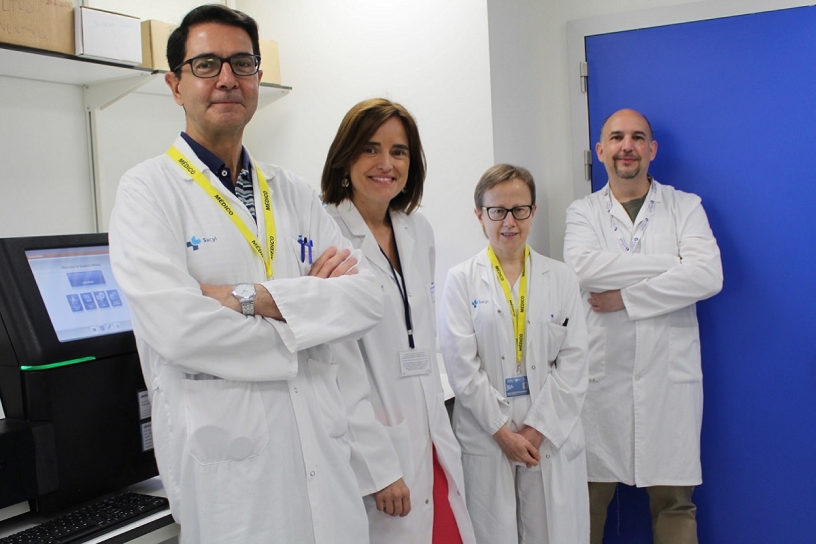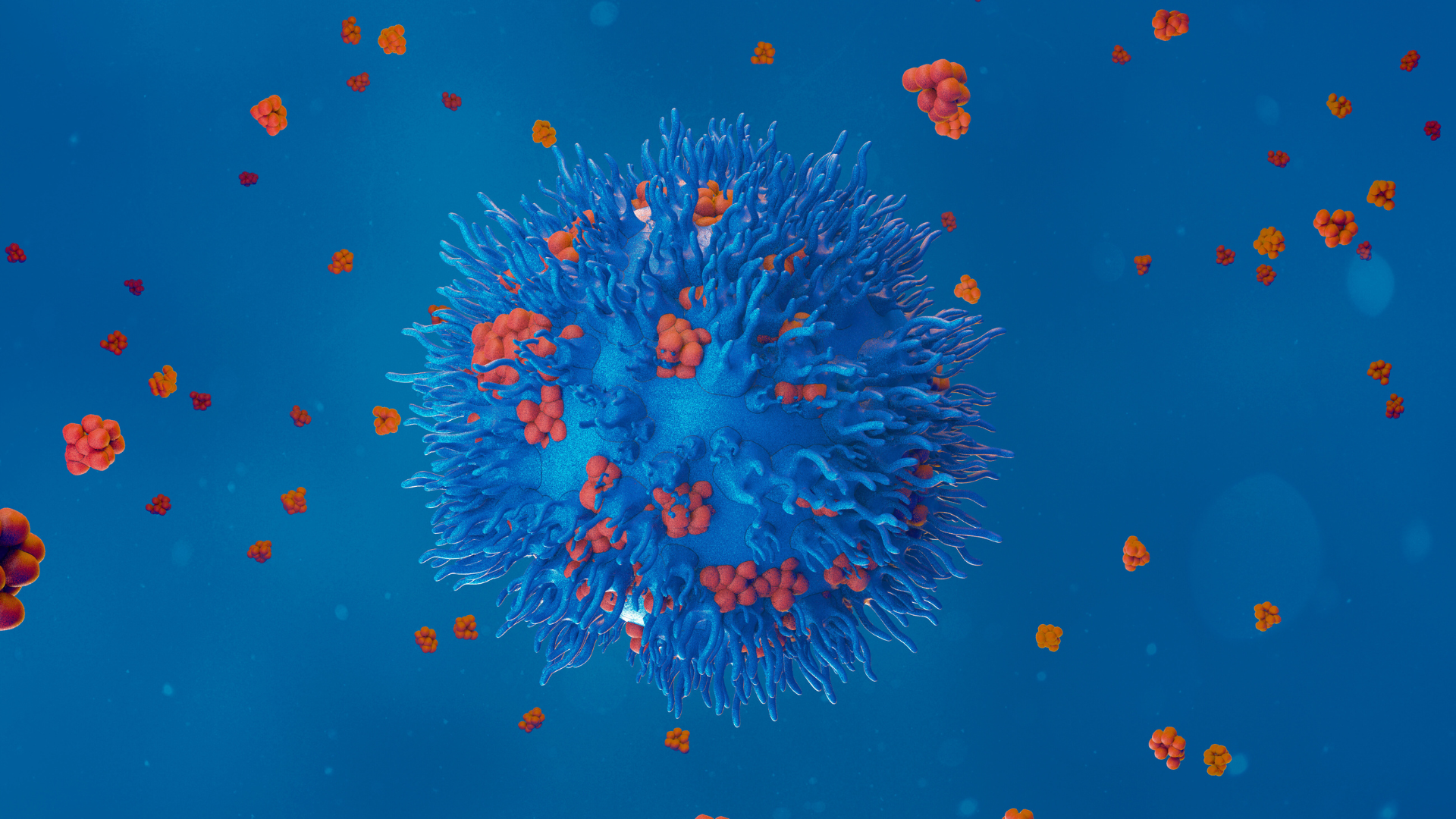In addition, a comparative analysis of risk factors for the three different tumor sites revealed potential lifestyle-related risk factors, such as excess alcohol, smoking, overweight and diabetes, which are highly prevalent in Europe and could predispose at-risk individuals to develop cholangiocarcinoma.
“In conclusion, our study provides a comprehensive analysis of the diagnostic, therapeutic and prognostic aspects of the complex CCA landscape,” comments Jesús Bañales. “The results showed that ASCC is mainly diagnosed at an advanced stage, a significant proportion of patients do not receive any cancer-specific therapy, and the prognosis is poor, with limited therapeutic options,” he notes.

Consequently, awareness campaigns and educational programs aimed at preventing lifestyle-related risk factors and new techniques for early detection of ASCC in high-risk populations are urgently needed to decrease cancer-related mortality.
“Our findings represent valuable knowledge for future comparisons with new targeted therapies and the design of next-generation personalized clinical trials,” the researchers conclude.




